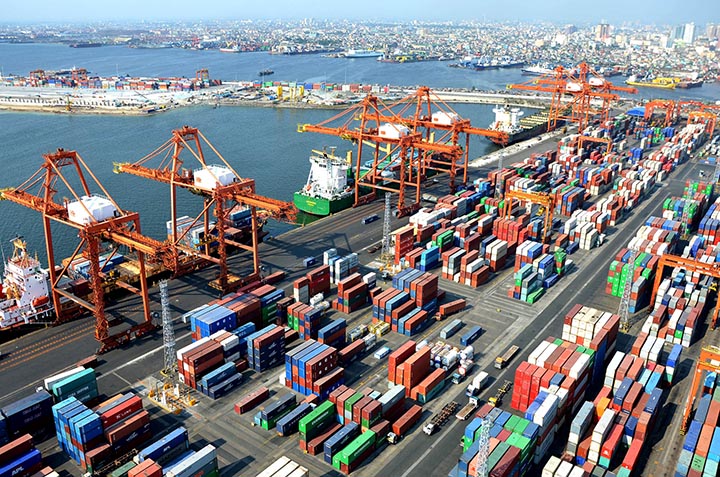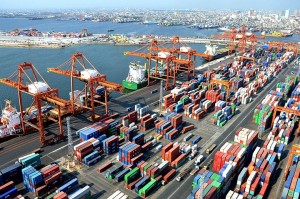

International Container Terminal Services, Inc. (ICTSI) reported a 64% decline in net income for 2015 to US$69 million in 2015 from $192 million in 2014 while posting 5% increase in cargo volumes handled.
Revenues for the period also dropped 1% to $1.051 billion from $1.061 billion earned in 2014, ICTSI said in a statement.
The port operator attributed the decline in revenues to unfavorable container volume mix, lower storage revenues and ancillary services, and the negative foreign exchange translation impact on its terminals in Recife, Brazil; Toamasina, Madagascar; Manzanillo, Mexico; various Philippine terminals.
In addition, ICTSI’s revenues were adversely affected by discontinued vessel calls by two major shipping lines as a result of continuing labor disruption at ICTSI Oregon, Inc. (IOI) in Portland, Oregon, USA; and weaker short-sea trade and reduced vessel calls at Baltic Container Terminal (BCT) in Gdynia, Poland.
The decrease, however, was partially offset by tariff rate adjustments at certain terminals; new shipping line contracts and services; favorable impact of the consolidation of terminal operations in Yantai, China; continuing ramp-up at Operadora Portuaria Centroamericana, S.A. de C.V. (OPC) in Puerto Cortes, Honduras; and Contecon Manzanillo S.A. in Manzanillo, Mexico; and the revenue contribution of the company’s new terminal in Umm Qasr, Iraq. Excluding revenues from the new terminal in Iraq, organic revenues were 3% lower, ICTSI noted.
In 2015, the company handled consolidated volume of 7.776 million twenty-foot equivalent units (TEUs), 5% more than the 7.439 million TEUs handled in 2014. The increase in volume was mainly due to the continuing volume ramp-up at CMSA and OPC; new shipping line contracts and services at Pakistan International Container Terminal in Karachi, Pakistan, and at Contecon Guayaquil S.A. in Guayaquil, Ecuador; increased demand for services at Subic Bay International Terminal Corp. in Subic Bay, Philippines; favorable impact of consolidation at Yantai International Container Terminal in Yantai China; and the contribution from ICTSI Iraq, the company’s new terminal in Umm Qasr, Iraq which began commercial operation in November 2014. Excluding volume from the new terminal in Iraq, organic volume rose 3%.
The company also spent $353.5 million in 2015 mainly related to construction and procurement of equipment, which was approximately 67% of the original $530 million capital expenditure budget.
The capital expenditure was mainly for the completion of development at new container terminals in Mexico, Honduras and Iraq; capacity expansion in its terminal operation in Manila; and to start the development of the new terminals in Democratic Republic of Congo and Australia. In addition, ICTSI invested $95.1 million in the development of Sociedad Puerto Industrial Aguadulce S.A., its joint venture container terminal development project with PSA International Pte Ltd. in Buenaventura, Colombia.
The group’s capital expenditure budget for 2016 is about $420 million mainly allocated for completion of the initial stage of new container terminals in Congo and Iraq, and the continuing development of the company’s project in Australia.




